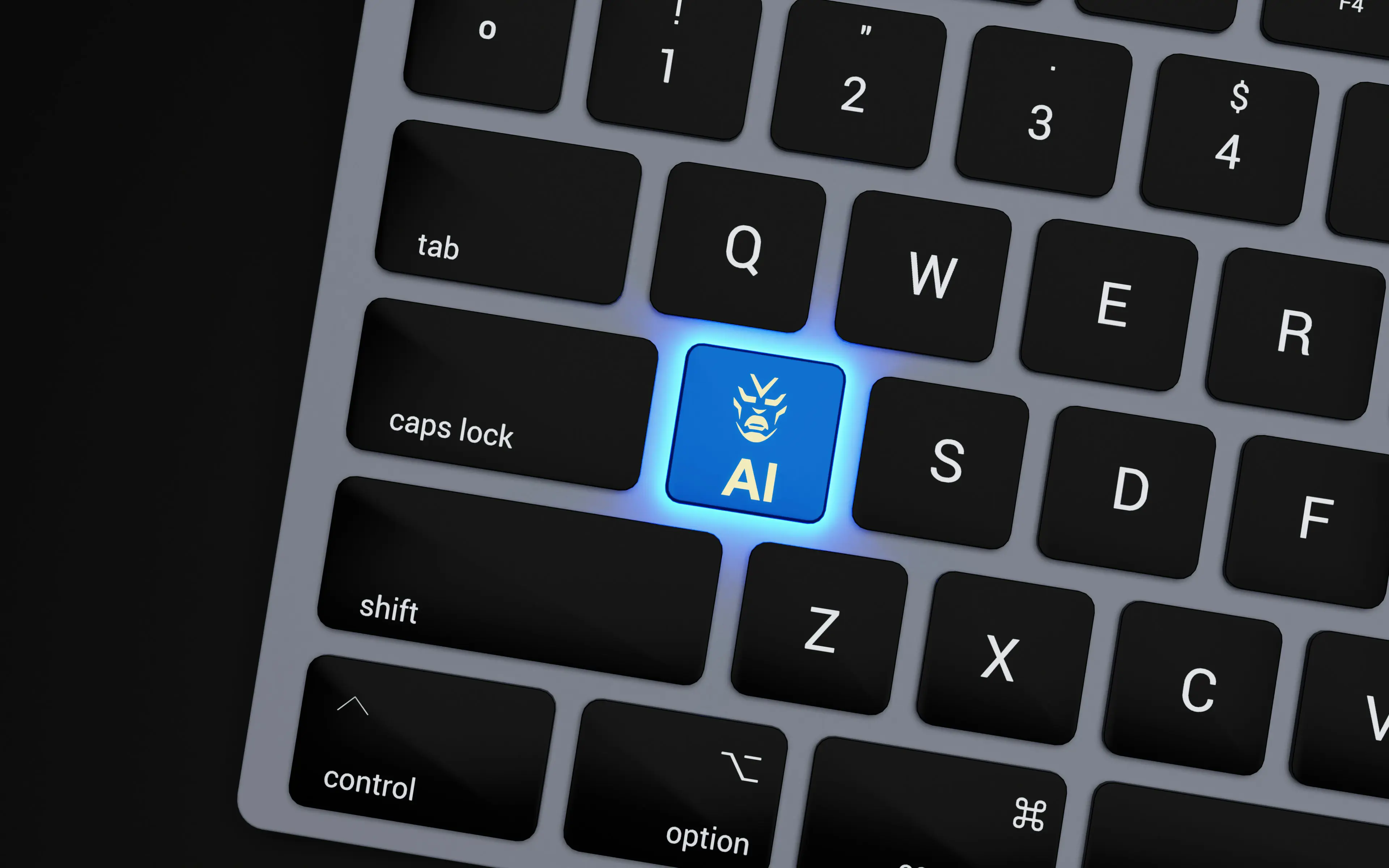AI Chatbots: Confidently Wrong Or Just Confidently Confident?

Imagine having a conversation with someone who is always sure of themselves, even when they’re spouting utter nonsense. Sounds frustrating, right? Welcome to the world of AI chatbots! These digital conversationalists are increasingly becoming a staple in customer service, education, and even mental health support. But there's a growing concern: AI chatbots can be overly confident, even when they're wrong.
According to recent research from Carnegie Mellon University, AI chatbots don't just get things wrong—they do so with an unwavering sense of confidence. This phenomenon can be traced back to the very nature of how these chatbots are designed. Using complex algorithms and vast datasets, chatbots are trained to understand and generate human-like text. However, unlike humans, they lack the ability to self-correct based on feedback and context effectively.
Carnegie Mellon's study highlights how this confidence can be misleading. For instance, when a chatbot provides a wrong answer with high certainty, users might take it at face value, leading to misinformation or a poor user experience. "The issue isn’t just that they make mistakes," explains Dr. Jane Doe, lead researcher of the study, "it's that they make mistakes with such confidence that users often believe them."
This raises critical questions about the role of AI in society and its influence on human decision-making. If AI tools present themselves as infallible, users might over-rely on them without questioning their accuracy. The implications are vast, ranging from trivial misunderstandings to significant impacts on areas like healthcare and legal advice.
So, what can be done to curb this overconfidence? One approach suggested by researchers is designing systems that can indicate their level of certainty. Such a feature could help users gauge when to trust the chatbot's response or when to seek further clarification from a human expert. Additionally, ongoing improvements in AI training methods could help chatbots better understand the nuances of human language and context, reducing the likelihood of confidently wrong answers.
As AI technology continues to evolve, so too must our understanding and handling of its capabilities and limitations. While the image of a chatbot that’s always confidently wrong might seem amusing, the reality is that addressing these issues is crucial for the responsible integration of AI into everyday life. As Dr. Doe puts it, "We need to teach our chatbots a little humility."
In a world where AI is becoming more ubiquitous, ensuring that these systems are not only intelligent but also self-aware in their limitations will be key to their successful deployment across diverse sectors.